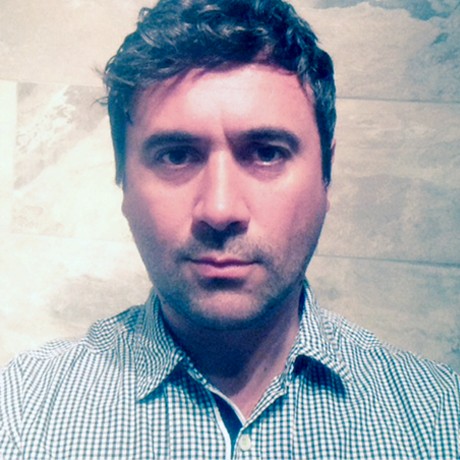What inspires me:
I love to make a difference. I travel a lot–that comes with some personal sacrifices–but I love what I do because I get to make a tangible difference; I get to develop conceptual designs on processes and products. I implement them from a sketch on a pad to a global roll out, and it can be anything from a single piece of RFID technology to making billions of labels. The freedom to solve problems, come up with designs, and see them through to manufacturing is very fulfilling. That, and collaborating around the globe, from China to Mexico to the U.S., and in the future, other locations.
Biggest challenge in my current role:
Sustaining our growth and getting the balance between supporting local manufacturing sites and developing the process. We’re constantly increasing our units per hour–the company is now exceeding its previous encoding/inlay manufacturing capacity targets –and those incremental process steps and progression need balance.
Biggest challenge Avery Dennison RFID faces:
Maintaining our #1 position on quality. If your product fails in the field, you're diminishing your business case. We are a tried-and-tested partner for all the major brands and retailers and we’re the highest quality UHF RFID provider out there. We’re constantly looking at new methods, materials, products, and science to stay ahead of the game in RFID.
How RFID has transformed the industry:
RFID is no longer a niche product; it’s an added value to a host of markets. From the perspective of the customer, it really enables the omnichannel business, shipping from store-to-store or store-to-home. Because inventory levels are so accurate, all processes speed up–it really has changed the whole end-to-end supply chain. Loss prevention is impacted and supply chains are more efficient. It gets the product from the manufacturer to the consumer much faster.
The business case for RFID:
It’s all about loss prevention and inventory accuracy right now. Marks and Spencer was an early adopter and they saw significant top-line sales based on having the right product at the right store at the right time. We’ve seen a steady stream of adoptions. We also anticipate that RFID will bring consumers a shopping experience with an RFID-enabled device in the future.
The largest contributions RFID technology has made to apparel and other industries:
Inventory accuracy enables the omnichannel model. It let’s consumers know if their product is available in real time. It speeds up shipments and empowers the entire supply chain. Fast fashion really is fast fashion with RFID. We had four seasons in fashion retailing, and now we have eight fashion seasons, continuous design turnovers and I think RFID is a key enabler within this dynamic retail environment.
In the airline industry, there’s Delta who can now guarantee passengers can claim their luggage within 20 minutes of a flight arriving–RFID is a big part of that. With the food and beverage market, we’re developing food packaging with RFID. One day, you’ll know if your milk is ‘off’ from data sent from your refrigerator via a RFID label. And there’s a whole host of markets we are considering.
What was your path to this role?
I trained as a printer, and then worked my way up to the management level. When I was 21, I managed a Paxar satellite site just outside of London and had nine presses running labels and tags. After that, I moved to print and process development working on Levi’s and other brands. I was asked to join a technical product team in an EMEA role and held that for a number of years. Eventually, I was asked to become part of the global technical team, looking after web printing and all things web print-related from moving presses, buying presses…you name, it I was involved in it. Then, the RBIS Global Supply Chain and Manufacturing Team asked me to join a new global technical team and focus on platforms, and that’s when I joined the world of RFID. I didn’t know much about this technology at the time, but I’ve been immersed in it, in one capacity or another, ever since.
Best career advice you’ve received?
Work simply. It’s the best advice I've implemented over the years.

